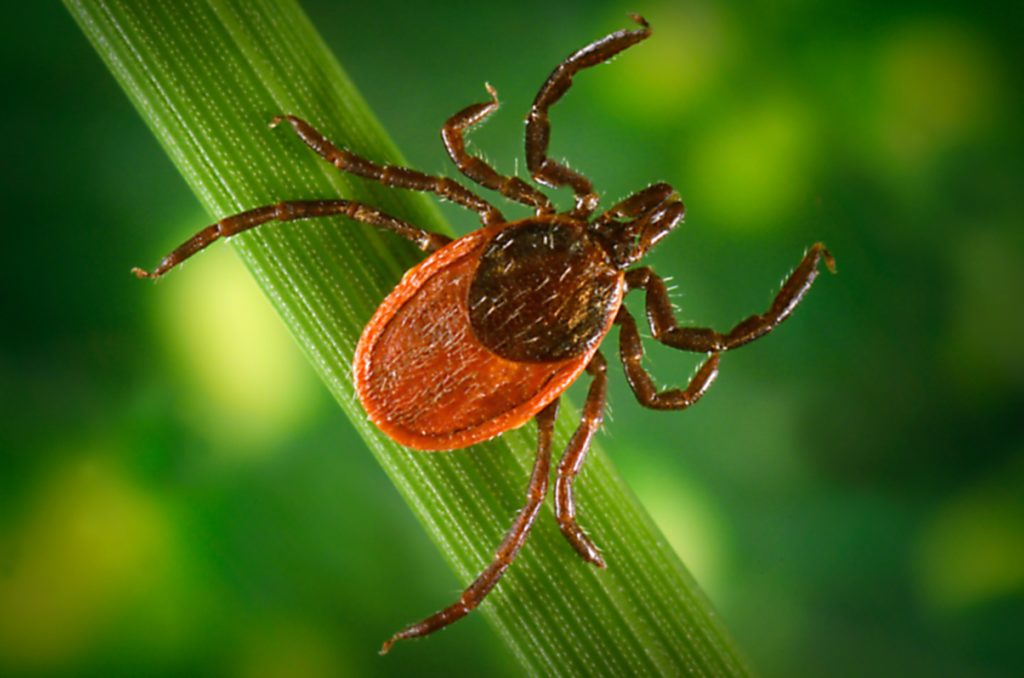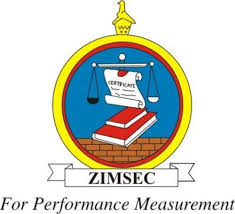Zim government rolls out massive tickborne diseases control program
Share

The Zimbabwe government is rolling out a massive tick tickborne diseases control program in hotspot areas throughout the country, an official has said.
Statistics show that more than 65 percent of cattle deaths in Zimbabwe are a result of tick borne diseases, the major ones being January disease, Redwater, Heart water and Gall sickness.
Acting Veterinary Services Department chief director Dr Pious Makaya said the heavy rains being experienced across the country will contribute to tick challenges in the cattle population.
He said farmers should identify which of the four diseases is affecting their livestock so as to effectively implement control strategies.
The tickborne diseases control strategy will be implemented under three phases, namely strategic dipping, monitoring the resistance in ticks and administration of vaccines after confirming the diseases on the farm oran area, Dr Makaya said.
“We have so far managed to cover six provinces out of the eight which are hotspots,” he said.
“We are doing a countrywide field trial to ensure the vaccine is used countrywide and confirm its safety and efficacy in different regions of the country. We have adopted what we call the integrated tick- and tick-borne control strategy.
We decided to come up with innovations to complement dipping. You may find that after dipping, ticks may remain biting the animals and not removed because of resistance. So, we want to test the dip wash to make sure what is written by the manufacturer on the use of that specific dipping chemical is actually what is happening at the dip tank.”
Dr Makaya underscored the need for strict adherence to movement control regulations to ensure animals with infected ticks do not spread diseases from one province to the other.
“We want to also make sure the veterinary officers enforce the cleansing and movement control regulations to make sure that animals with infected ticks don’t spread the diseases from one province to another. This season we are going to do the vaccinations free of charge and as I mentioned, this is a trial, farmers are asked to sign their consent form before vaccination,” he said.
He added that under the program, they have managed to vaccinate 45 000 cattle across the six provinces where they have intervened.
The department has also embarked on nationwide training of extension officers, livestock production staff and dairy officers in all affected provinces and has since training over 127 officers who will also train others to use the vaccine, he said.
“What we are doing during the nationwide field trial is we are training people called trainers of trainers on how to use the vaccine and also maintenance of the cold chain for the vaccines,” he said.
After conducting the trainings, the vaccines will be distributed to provincial offices which will then dispatch to hotspot areas, with Matebeleland North and South having so far received 11 000 doses each, Dr Makaya said, adding Midlands pfrtovince has so far received 15 000 doses to kick start the exercise.
Dr Makaya assured farmers that the department has enough dip chemicals to cover two months.
He encouraged farmers to use available tick-borne diseases vaccines, adding that so far, they have three vaccines for three out of thde four major tickborne diseases, namely January diseases, Redwater and Gall sickness, he said.
New Ziana







